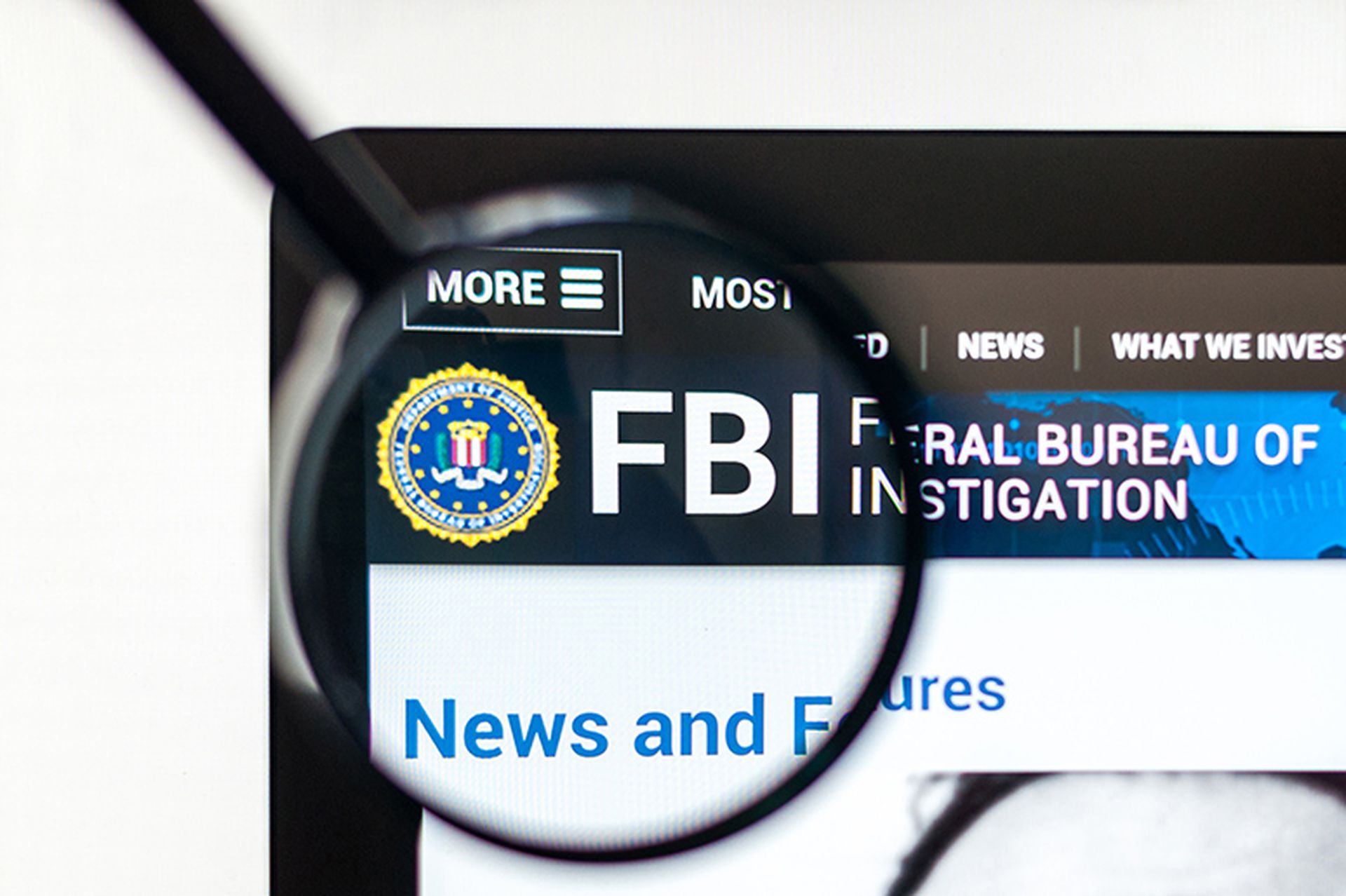Cybersecurity bills targeted at addressing vulnerabilities in open-source software and satellites have been approved by the House and Senate Homeland Security Committees, reports The Record, a news site by cybersecurity firm Recorded Future.
Bipartisan legislation mandating the Cybersecurity and Infrastructure Security Agency to create a risk framework for open-source software usage in the federal government has been advanced by the House panel to accompany a measure approved by the Senate panel in March, which also seeks to significantly mitigate open-source vulnerabilities that have gained the spotlight following the widespread Log4j hack.
The House panel has also passed a measure that would order CISA to provide a cybersecurity training program for Department of Homeland Security employees not involved in cybersecurity.
Meanwhile, the Senate Homeland Security Committee has advanced a bipartisan measure that would provide better cyber defenses to satellite owners and operators by compelling CISA to provide threat information and resources.
Another bipartisan bill creating a civilian cybersecurity reserve pilot program has been passed by the Senate panel.
Critical Infrastructure Security, Compliance Management
New cybersecurity bills passed by House, Senate panels
SC StaffGet daily email updates
SC Media's daily must-read of the most current and pressing daily news



